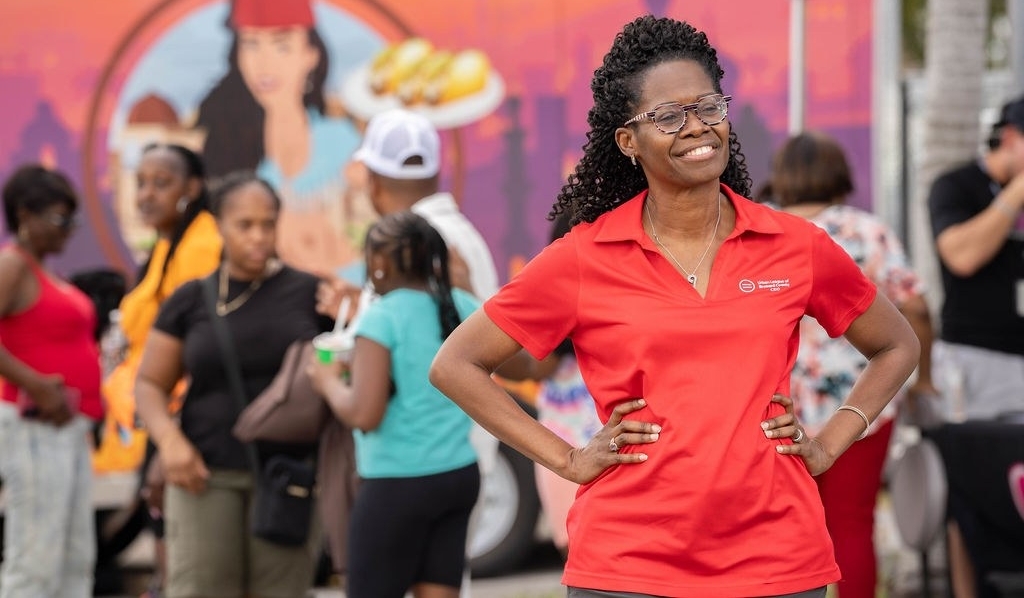How the Urban League is Reshaping Economic Freedom for Diverse Communities

When Dr. Germaine Smith-Baugh discovered an old letter at the Urban League of Broward County (Fort Lauderdale, FL), it felt like holding a piece of living history. Dated 1974 and addressed to founder Margaret Roach, the letter outlined the steps to form a local Urban League chapter and included a modest startup budget of just $30,000.
“In 1974, Margaret and others believed Fort Lauderdale needed an Urban League because of the integration of schools and other social changes,” said Dr. Smith-Baugh, President and CEO of the Urban League. “If they could figure that out then, with under $30,000, I think to myself, we got this.”
TD Bank has been a key relationship on this incredible journey that Urban League of Broward County has been on.
This relationship spans almost 15 years and is marked by shared values and bold decisions, especially during times when others were hesitant.
In the wake of the 2008 financial crisis, when many institutions were scaling back, TD Bank leaned in. The bank provided a $750,000 line of credit and became the first financial institution to back the Urban League of Broward County’s vision of a signature headquarters, the Community Empowerment Center, which opened in 2012.
Another milestone was when the Urban League of Broward County’s subsidiary, the Central County Community Development Corporation, was designated as a Community Development Financial Institution (CDFI) in 2020, enabling it to support small business owners who lack access to traditional financing.
TD Bank was an early and essential investor in the CDFI, providing capital to fund microloans for businesses such as bakeries, salons, and contractors.
“Access to capital is one of the biggest hurdles for small businesses,” said Pino. “Through the Urban League’s CDFI, we’re able to support people, whether it’s a bakery, a beauty salon, or an HVAC technician—who wouldn’t qualify for traditional bank loans yet. And as these businesses grow, they eventually become bankable.”
Dr. Smith-Baugh’s vision extends well beyond the present. A prime example is “The Village at Oakland Park,” a 20-acre development poised to be Broward County’s largest mixed-use, mixed-income affordable housing project. With 469 units, green spaces, and community resources, the project is designed to foster economic mobility and intergenerational connections.
To read the full story, click here.

